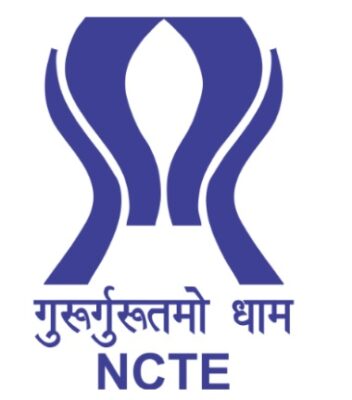Master of Education (M.Ed.) Course
Recognition and Affiliation
Eligibility Criteria
Admission Criteria
Fee
Intake
Documents Required
1. 10th Class (Mark sheet + Certificate) 3 sets photocopy.
2. 12th Class (Mark sheet + Certificate) 3 sets photocopy.
3. Graduation Mark sheet of all year – 3 sets photocopy
4. B.Ed. Marksheet 3 sets photocopy
5. 4 Passport size coloured photographs.
6. Photocopy of Aadhar Card.
*All documents will be self attested.
Career Opportunities after M.Ed.
1. Greater Job Opportunities
Having a master’s of education will make you a more appealing candidate for teaching opportunities for higher grades. Master’s work also generally entails more hands-on training than Bachelor’s degree. Earning a master’s of education degree could open up doors to administrative positions, which would ultimately allow you to have a greater impact on more students. Administrators have the power to improve the status.
2. Educational Administrator
A candidate with an M.Ed. degree in educational administration has major responsibilities of developing advanced skills in curriculum design, teaching strategies, school finance, etc. An educational administrator establishes school policies, manages staff, and administers school funding.
3. More Classroom and Hands-On Experience
Most people generally do a bachelor’s degree in education and then take on some experience through interning. But, when you have done a master’s degree, you will see a wide variety of classroom settings.
4. Build Upon One’s Teaching Skills
M.Ed. degree focuses on ways how to be a teacher primarily emphasizing pedagogy, teaching methods, philosophy of education, and educational technology which helps one improve their teaching skills.
5. Career Mobility
Teachers with advanced degrees get various job opportunities for working in school administrative positions and can become mentors to other teachers based on specific teacher training.


